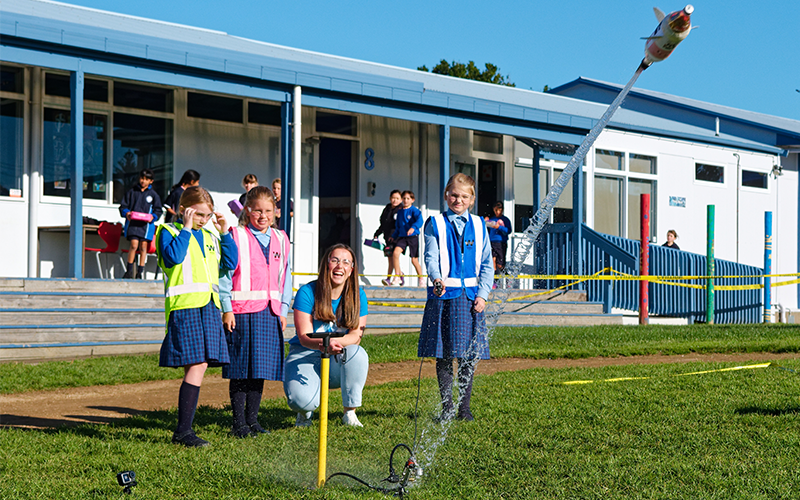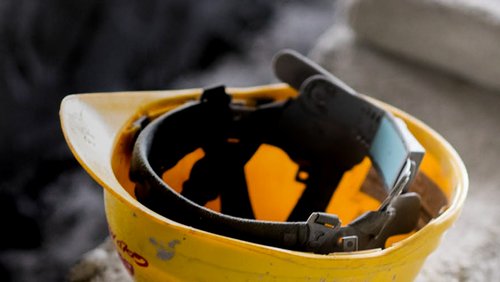2 Dec 2024
New Zealand’s approach to science, technology, engineering and maths (STEM) education is currently in crisis, according to Engineering New Zealand Chief Executive Dr Richard Templer.
Templer says that over the last decade there has been a decline in NCEA students doing STEM subjects, with the number of graduates being assessed and achieving for senior maths and physics papers dropping by over 20 percent. This trend is also seen in higher education, where the proportion of STEM graduates is below the OECD average.
“Given the decline, it is a concern that support for teachers delivering STEM subjects is being cut back,” says Templer. “This means thousands of kids are missing out on the excitement and opportunity of a career in STEM.”
Funding for STEM initiatives that boost the core curriculum has significantly declined in recent years, and STEM education providers are closing or facing uncertain futures due to a lack of financial support. This comes at a time when teachers are already dealing with the rollout of a new national curriculum and will need all the help they can get.

In response to this, Engineering New Zealand launched the Wonder Project in 2018 – a free, curriculum-aligned STEM initiative that has successfully engaged nearly 140,000 students across 1400 schools with hands-on learning experiences. Schools are paired with volunteer STEM professionals who support learning across a school term, building teacher and student confidence and providing a source of meaningful representation. The Wonder Project has demonstrated outstanding results, with 98% of teachers and 75% of students who participated in 2024 saying they would do it again.
Despite strong demand for access to the Wonder Project, the previous government cut its funding, resulting in a 93% loss of its budget and leaving the programme in jeopardy. Engineering New Zealand and its partners have stepped up their support, but an urgent funding gap remains. Without further funding, the Wonder Project may be forced to shut down, depriving young Kiwis of essential STEM learning experiences.
Engineering New Zealand has launched a new fundraising initiative so Kiwis and businesses can support the programme. These contributions will not only keep the programme going but also help build it back to where it was in 2023, when it reached over 35,000 kids across 583 schools, including 34% Māori or Pacific Peoples and 49% girls – groups that are underrepresented in STEM.
“Every year, more jobs in New Zealand will require STEM skills, so investing in STEM education is the right call for our kids and our economy,” says Templer. “As the stakes for New Zealand’s future are so high, it is important that a successful STEM programme like the Wonder Project continues.”
Note to reporters
The Wonder Project’s impact:
- Overall:
- Reached nearly 140,000 students
- Reached over 4800 classrooms in 1400 schools nationwide
- Backed by over 2000 industry ambassadors
- Feedback from participants in 2024:
- 96% of teachers increased their confidence in teaching STEM
- 98% of teachers and 75% of students said they would do it again
- 50% of students were more interested in STEM jobs after the challenge
- 94% of teachers said students were engaged with the programme
- 94% of ambassadors would recommend the experience to others
- For more information, visit the Wonder Project website and donation page.
- Engineering New Zealand’s Briefing to incoming Ministers on skills shortages is available here.
- New Zealand’s education outcomes compared to the OECD are available here.
- New Zealand’s tertiary education participation data can be found here.
- Engineering New Zealand is New Zealand's professional body for engineers, representing over 23,000 members. We represent – and regulate – our members and are the Registration Authority for Chartered Professional Engineers.
- For more information or to arrange an interview, contact Justin Brownlie on 022 104 7368 or email media@engineeringnz.org




